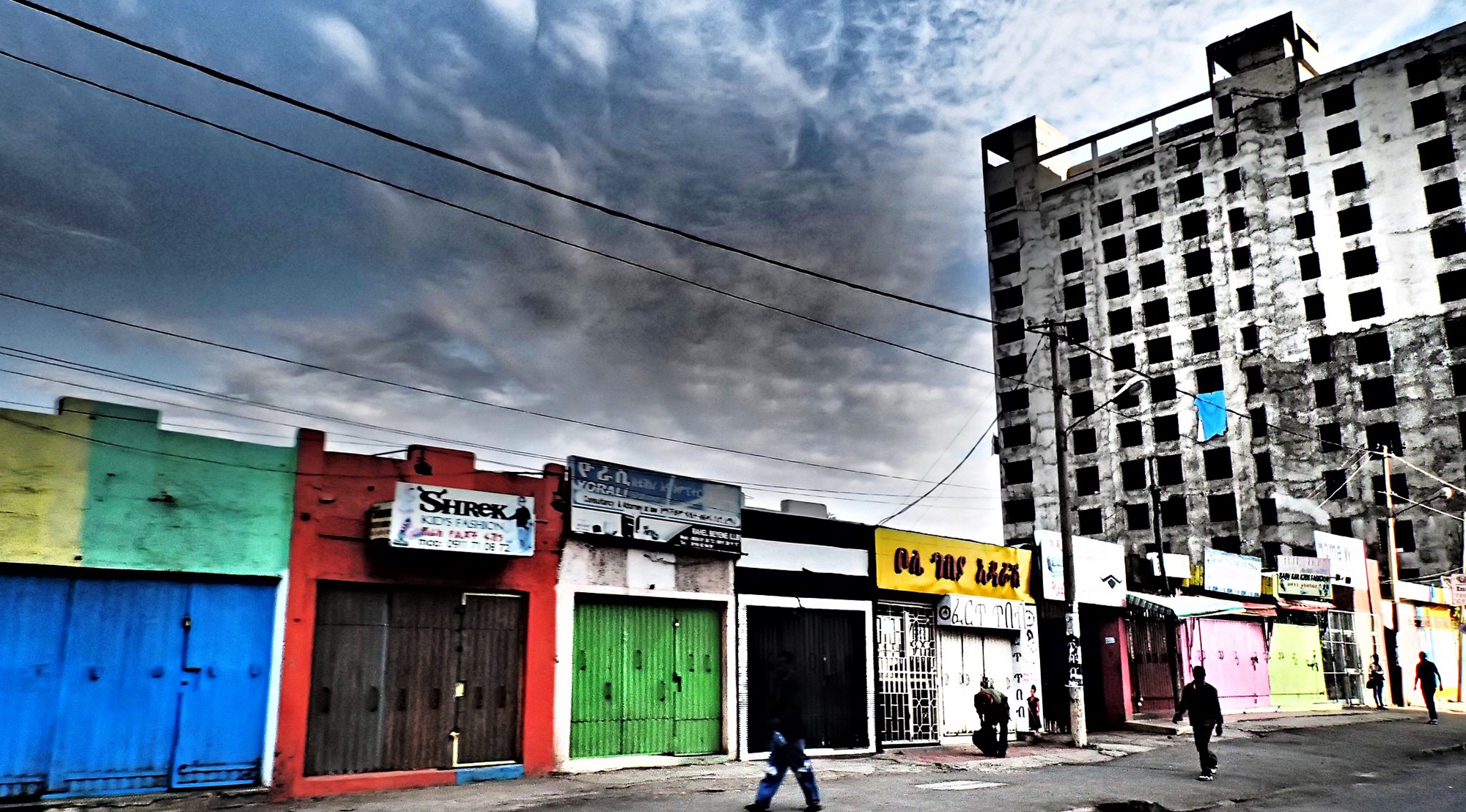Ethiopia is at a critical crossroads with increased tensions in several regions (conflict in Tigray, elections, an ambitious reform agenda of the Prime Minister, and a political transition process). The country faces unprecedented internal security crises alongside growing political and ethnic polarization, which are increasingly threatening peace and stability. Yet, despite these challenges, the current context provides a relatively permissive environment to pursue strategic reforms of the police, which can help address some of the structural or institutional factors that have contributed to or enabled the escalation of the recent violence and conflict. A path to peace and development will primarily require cross-societal political dialogue and agreement. Additionally, addressing the security sector governance and reform deficits is crucial in pursuing conflict prevention efforts. However, both national and international stakeholders have only given little attention to security sector governance in Ethiopia.
In the absence of an effective civilian oversight system, it has been challenging to limit political influence on security operations, hold the security sector accountable for human rights abuses, influence the behavior of security institutions, and create a more citizen-oriented approach to security in Ethiopia. The lack of effective external demand for reform or changing behavior has allowed the security sector to maintain some detrimental habits or even act with impunity. The main challenge lies in the fact that the Ministry of Peace, created in 2018, has been tasked with overseeing all civilian security agencies with a limited capacity and insufficiently defined responsibilities for security sector oversight. The Ministry only has a handful of staff dedicated to overseeing the police. Some of them are seconded to the Ministry by the police themselves. In practice, these staff members often support other tasks of the Ministry, including the coordination of humanitarian aid. With more than 140,000 police officers in Africa’s second-most populous country, it is clear that the ministerial law enforcement bureaucracy’s assigned capacity is not up to the complex task of reviewing the performance, budget, and conduct, and even to monitor the implementation of police reforms. Therefore, the Ministry has often deferred responsibilities to other institutions or left the police to govern themselves. However, building the Ministry’s capacity needs to go hand in hand with developing a strategic concept defining its overall role in the broader framework of security sector governance.
Ethiopia also needs to review its regional and federal security architecture critically. This includes better regulating actors involved in internal security, aimed at reducing the use of or involvement of special forces and militias in policing or other critical homeland security matters. Due to poor regulation and lack of oversight, regions have often used their broad power to establish special forces that could rival militaries in equipment and size. In addition, the lack of clear standards for operations and training and the absence of effective oversight of special forces has often resulted in them being misused to instigate violence or attacks. The recent surge of conflicts confirms the need for a wide-ranging and strategic dialogue on overseeing and holding such actors accountable and for a long-term strategy of winding down their operations to empower regular police to perform the tasks that should fall within their mandates.
Since the start of the political transition in 2018, the Ethiopian Federal Police Commission has been quietly initiating some important reforms. With its ambitious reform agenda and a leadership keen on pursuing reform, now is arguably the most opportune moment to reform the Ethiopian Federal Police despite the crisis. In late 2020, Ethiopia introduced an ambitious new policing doctrine that commits both federal and regional police to uphold international standards, values, and principles. While the policing doctrine is not a guarantee that a reform process will follow, it does serve as an important benchmark and framework for promoting reform within the police. It especially outlines important policy commitments to ensuring the police are accountable, respect human rights, reduce political appointments and political influence on the police operations, and ensuring that the police are an inclusive and representative organization. At the same time, the new police doctrine introduces key operational concepts of community-oriented policing and ensuring police use more proportional responses to public order, which should also directly impact policing operations. In response to the doctrine, the Ethiopian Federal Police has started necessary reforms that include developing a new public complaints handling mechanism, reinvesting at improving police training led by the Police University, exploring concepts of intelligence-led policing, and prioritizing the structures and approaches to investigations.
Strengthening the efficiency and accountability of the police is central to providing the tools to the Government to apply a more proportionate and effective response to emerging security challenges in Ethiopia. Despite an evident opportunity to advance police reforms, the remaining challenge is that the international community has not readily prioritized the needed advisory and financial support to the reform process.


